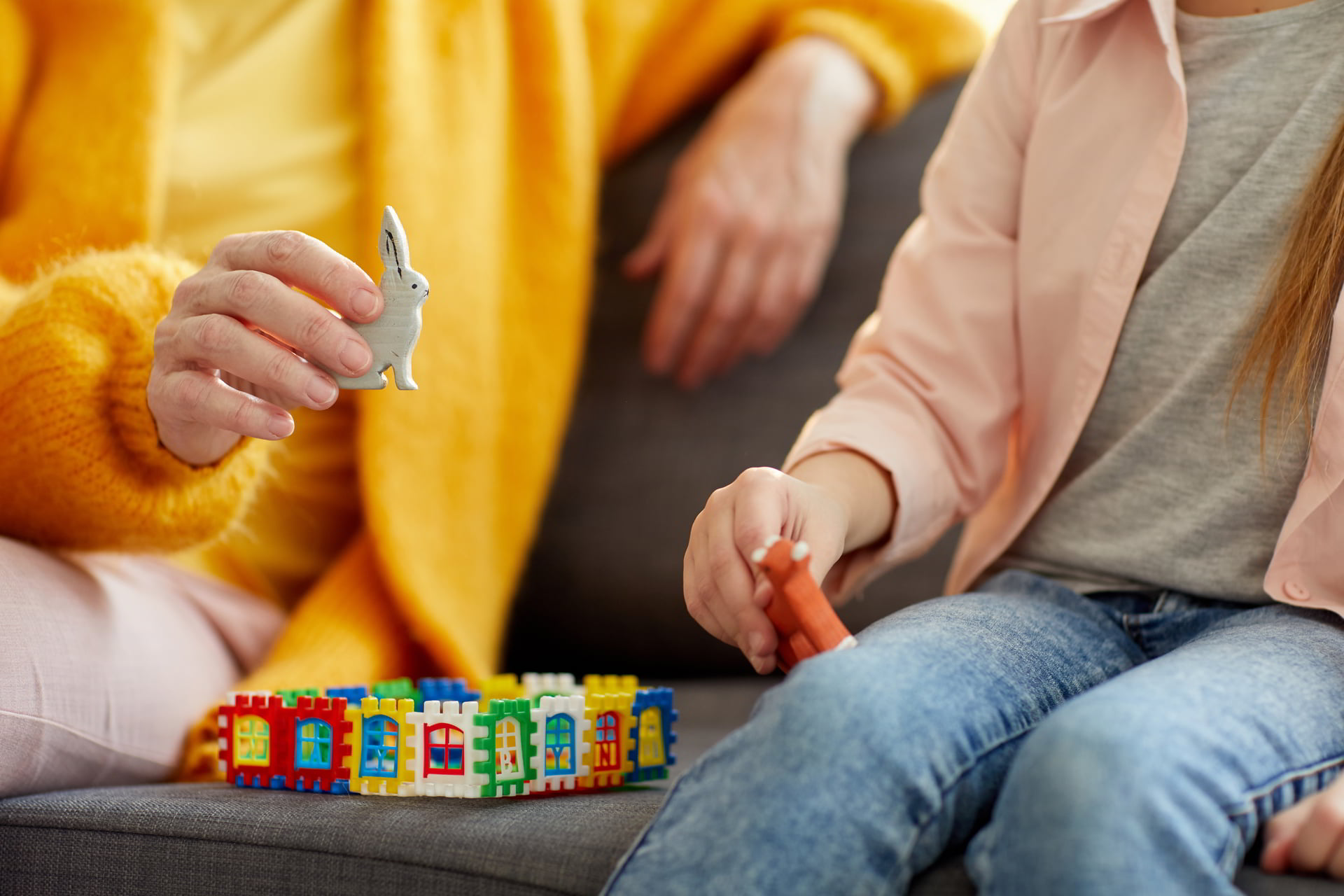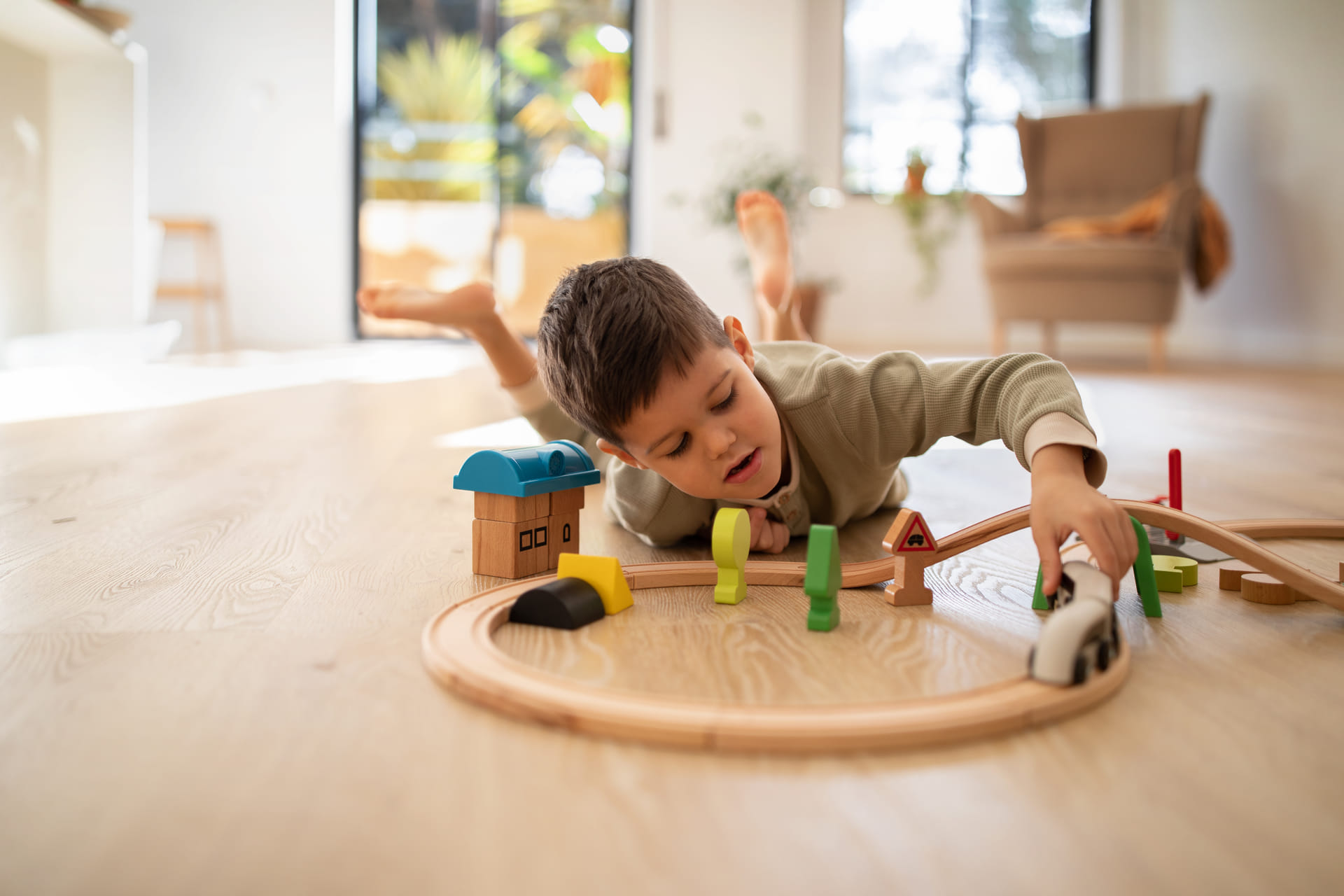Play THERAPY
Explore Our Range of Counseling Services – Empowering Your Journey Towards Wellness
Play Therapy
Play therapy aims to support children in overcoming emotional, behavioral, and social challenges through self-expression. It’s based on the understanding that play is a natural and essential way for children to express themselves, make sense of their experiences, and explore their world.
In play therapy, your clinician will create a safe and supportive environment for your child to engage in various activities, such as art, music, storytelling, puppets, and imaginative play. Through play, your child is encouraged to freely express their thoughts, feelings, and concerns, without the pressure of using words.
Your child’s play therapist will connect and interact with your child, using specialized techniques to understand underlying issues, promoting healing and growth. This may include reflecting the child’s emotions, providing empathy and validation, setting appropriate boundaries, and facilitating problem-solving and decision-making skills.
Play therapy can be particularly beneficial for children who have experienced trauma, loss, or other challenging life events. It provides space for children to process their emotions, develop coping strategies, and build resilience. In addition, play therapy can enhance self-esteem, improve social skills, and foster creativity and imagination.
The duration and frequency of play therapy sessions depend on the child’s needs. The length treatment can vary depending on the complexity of the issues being addressed.

What to Expect When Continuing Play Therapy
Play therapy is a versatile approach adapted to meet the unique needs of each child. It is suitable for children of different ages, developmental stages, and cultural backgrounds. Play therapists also work collaboratively with parents or caregivers, providing support and guidance to enhance the child’s progress outside the therapy sessions.
It’s important to note play therapy may not be a cure-all solution, but, rather, a valuable tool in your child’s overall treatment plan. In some families, play therapy may be best integrated with other therapeutic interventions, such as individual counseling, family therapy, or medication management.

